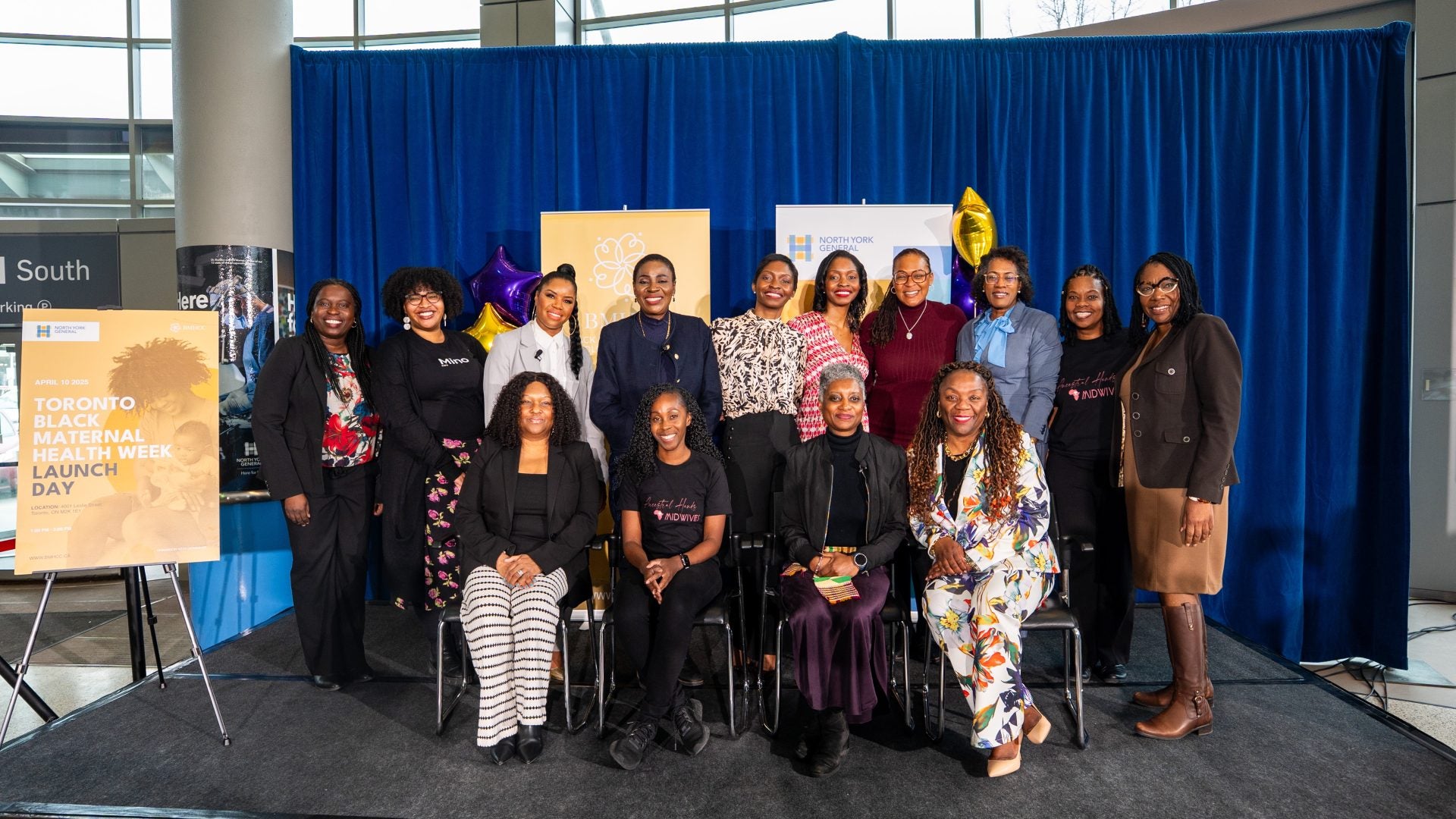
The biggest tragedy of the American judicial system, without question, is mass incarceration. According to PrisonPolicy.org, the U.S. incarcerates more people than any other country in the world with around 2.3 million currently in prison.
But a new study from the Newkirk Center for Science and Society at the University of California Irvine is shedding light on to how these staggering numbers factor in wrongfully accused convictions.
Published in a 37-page report, researchers of the Race and Wrongful Convictions study found a disproportionate amount of wrongfully convicted former inmates to be African-American.
They note that African-Americans are only 13 percent of the American population but make up 47 percent of the 1,900 exonerations listed in the National Registry of Exonerations (as of October 2016). Broken down by murder, sexual assault and drug crimes the findings essentially vilify what many have known for a solid century.
“DNA exonerations are highly important,” lead researcher Samuel Gross told ESSENCE.com in regards to clearing these cases. “They led to much of the current movement to address the issue of false conviction, but they’ve always been a minority of all exoneration. Now, as the number of other exonerations soars, [DNA is] a decreasing minority.”
Highlights from the study:
1. African-American prisoners who are convicted of murder are about 50% more likely to be innocent than other convicted murderers.
2. A black prisoner serving time for sexual assault is 3 1/2 times more likely to be innocent than a white sexual assault convict.
3. Assaults on white women by African-American men are a small minority of all sexual assaults in the United States, but they constitute 50% of sexual assaults with eyewitness misidentifications that led to exoneration.
4. Since 1989, more than 1,800 defendants have been cleared in “group exonerations” that followed 15 large-scale police scandals in which officers systematically framed innocent defendants. The great majority were African-American defendants who were framed for drug crimes that never occurred.
5. For murders, those who have been exonerated spent on average more than 14 years in prison before they were released. Many more have not been exonerated at all; more often than not, they will die in prison.
Subscribe to our daily newsletter for the latest in hair, beauty, style and celebrity news.
When asked about women and minors, Gross explained how their data differs.
“Altogether, out of 2000 exonerations we list today, 191 are women which is about 10 percent,” he said. “Of that group 47 are black, 25 percent of the women —a much lower proportion than the men. That may well reflect some discrimination, but less so than for black men.”
Adding about juveniles, “We have not looked at that systemically. One problem is that we have very few juvenile convictions on our list because in most states the proceedings are confidential, and they are the vast majority of prosecutions of minors.”
So what can the average person do about these staggering numbers (other than watch 13th)?
Gross suggests learning about misidentification, informing others —especially your local law enforcement through town halls— and vote for legislation who will change all of the convoluted bureaucracy.
“It would help if some states eliminated procedural rules that can make it hard or impossible for convicted defendants to present evidence that they are innocent and have it considered.”




